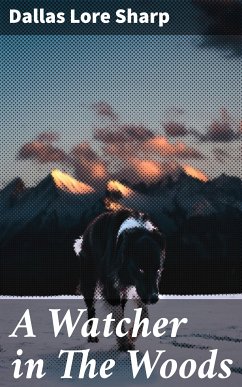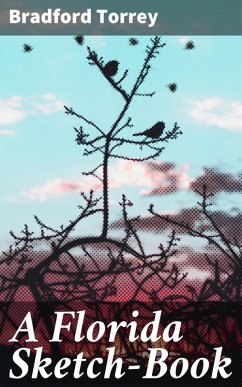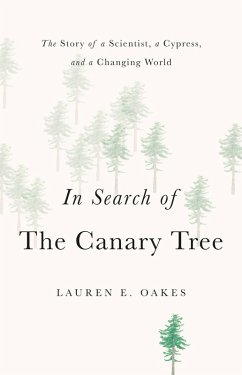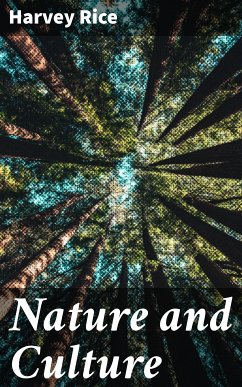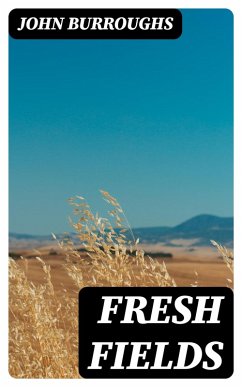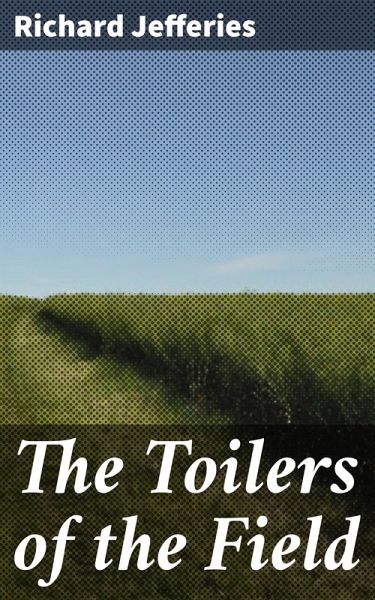
The Toilers of the Field (eBook, ePUB)
A Glimpse into Victorian Agricultural Life and Naturalist Literature

PAYBACK Punkte
0 °P sammeln!
In 'The Toilers of the Field,' Richard Jefferies intricately weaves a tapestry of pastoral life, exploring the deep connection between humans and the land they cultivate. Through vivid imagery and lyrical prose, Jefferies immerses readers in the rhythms of rural existence, emphasizing the toil, beauty, and reverence associated with agricultural labor. His style, characterized by rich descriptions and a profound sense of place, invites readers to contemplate the intricate relationship between nature and human endeavor during a time when industrialization began to overshadow traditional farming ...
In 'The Toilers of the Field,' Richard Jefferies intricately weaves a tapestry of pastoral life, exploring the deep connection between humans and the land they cultivate. Through vivid imagery and lyrical prose, Jefferies immerses readers in the rhythms of rural existence, emphasizing the toil, beauty, and reverence associated with agricultural labor. His style, characterized by rich descriptions and a profound sense of place, invites readers to contemplate the intricate relationship between nature and human endeavor during a time when industrialization began to overshadow traditional farming practices. Richard Jefferies, an English nature writer and philosopher, was profoundly influenced by his own experiences growing up in the countryside of Wiltshire. His intimate understanding of agrarian life and the challenges faced by rural workers is evident throughout the book. Jefferies' writings reflect his deep appreciation for the countryside, as well as his concerns about industrial encroachment, which may have propelled him to advocate for the dignity of laborers in a rapidly changing world. 'The Toilers of the Field' is a must-read for anyone interested in the complexities of rural life and the ethical implications of labor. Jefferies'Äô timeless insights resonate with contemporary issues of sustainability and the value of agrarian traditions, making it a relevant and enriching experience for modern readers.
Dieser Download kann aus rechtlichen Gründen nur mit Rechnungsadresse in A, B, BG, CY, CZ, D, DK, EW, E, FIN, F, GR, H, IRL, I, LT, L, LR, M, NL, PL, P, R, S, SLO, SK ausgeliefert werden.





